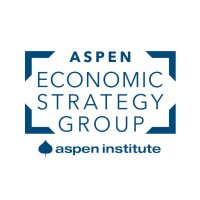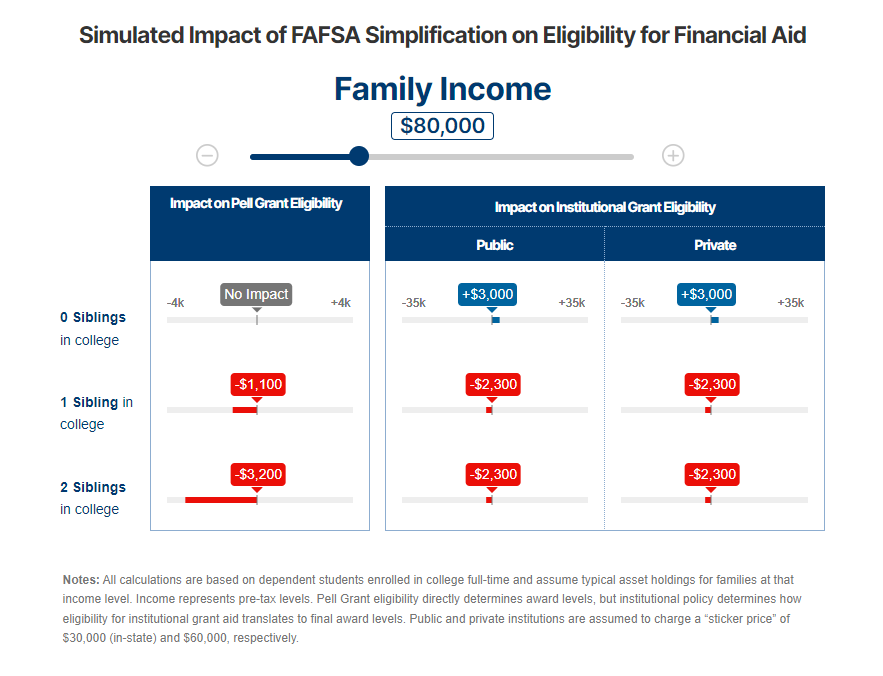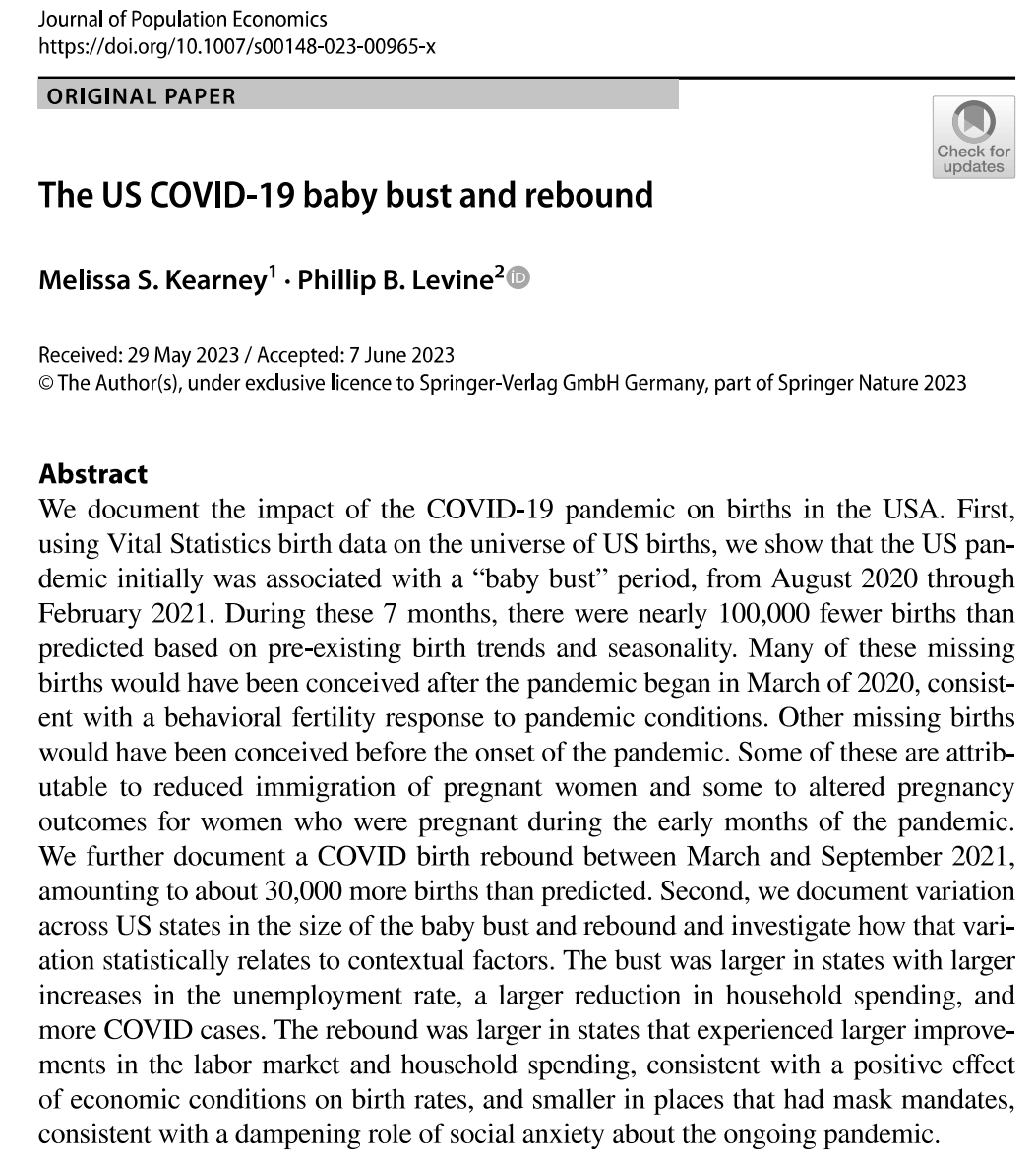
Phil Levine
@phil_wellesley
Economics professor at Wellesley College, affiliated with NBER and Brookings Institution, and huge Red Sox fan.
ID:2429634357
https://www.wellesley.edu/economics/faculty/levinep 22-03-2014 21:26:12
305 Tweets
662 Followers
227 Following

Chapter 3 of the ERP also cites research by AESG Director Melissa S. Kearney, Policy Director Luke Pardue & AESG author Phil Levine, which finds that the rising costs of housing and child care cannot account for the decline in births in the US.
econ.umd.edu/sites/www.econ…

Following last summer’s SCOTUS decision, class-based affirmative action may seem like a viable alternative, but Sarah Reber and I provide evidence that it’s unrealistic because of the cost. washingtonpost.com/opinions/2024/…



Will colleges be able to maintain racial diversity without race-based affirmative action programs. Class-based advantages could help, but schools probably can’t afford them. Check out our latest research (with Sarah Reber). brookings.edu/articles/can-c…

So happy to see this paper w/ Phil Levine on the ways in which the FAFSA treatment of wealth exacerbates the racial wealth gap among above-median income families in Journal of Policy Analysis and Management! Thanks to conference discussants and anonymous referees for helping to make the paper better.



At some point we need to recognize that the entire system of paying for college is broken and needs to fixed. College needs to be affordable and schools need money to provide a quality education. How do we do both? Brookings Econ NASFAA Natl Association for College Admission Counseling
insidehighered.com/opinion/views/…

“Most colleges and universities are organized as nonprofit institutions with a social mission. Charging exorbitant prices to any student, even very wealthy ones, would violate those principles,” Phil Levine writes. brookings.edu/articles/how-m…

Are those running higher education issues really doing a bad job? Maybe they just face bad options. My recent Brookings commentary asks why is the system failing and what can we do to fix it?
brookings.edu/articles/how-m…
Brookings Econ TICAS National College Attainment Network (NCAN) NASFAA Natl Association for College Admission Counseling

For many students in families with incomes roughly between about $60k and $200k who have siblings in college at the same time, financial aid awards may go down significantly next year.
A new interactive by Phil Levine can show you by how much: brook.gs/3O1l9Ie



Seems like every month or so there is another essay suggesting that US births are down bc the price of having kids has gotten too expensive in the US over the past 15 yrs or so.
A look at data & evidence just doesn’t really support that explanation…
economicstrategygroup.org/publication/ke…

Thanks to The New York Times and Ann Carrns for covering my work with Jill Desjean on FAFSA simplification. Click on the link in the article for a simulation. NASFAA Brookings Econ The Brookings Institution
New FAFSA Form Is Coming, Along With Changes in College Aid nytimes.com/2023/08/11/you…

Really happy to have this in print in Journal_PopEcon!
Thank you to the editor & anonymous referees for questions and comments that led to a much better paper. w/ Phil Levine

